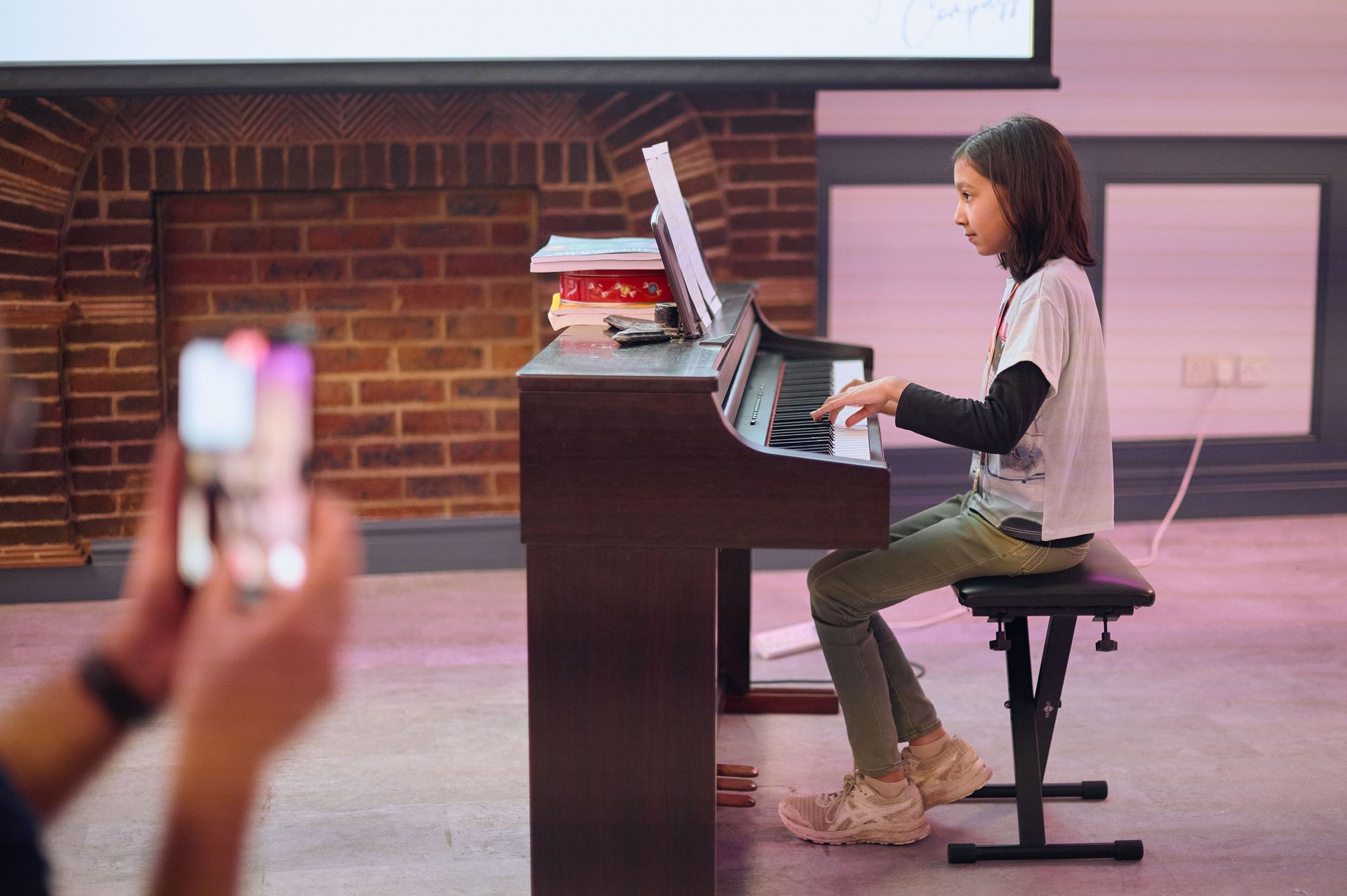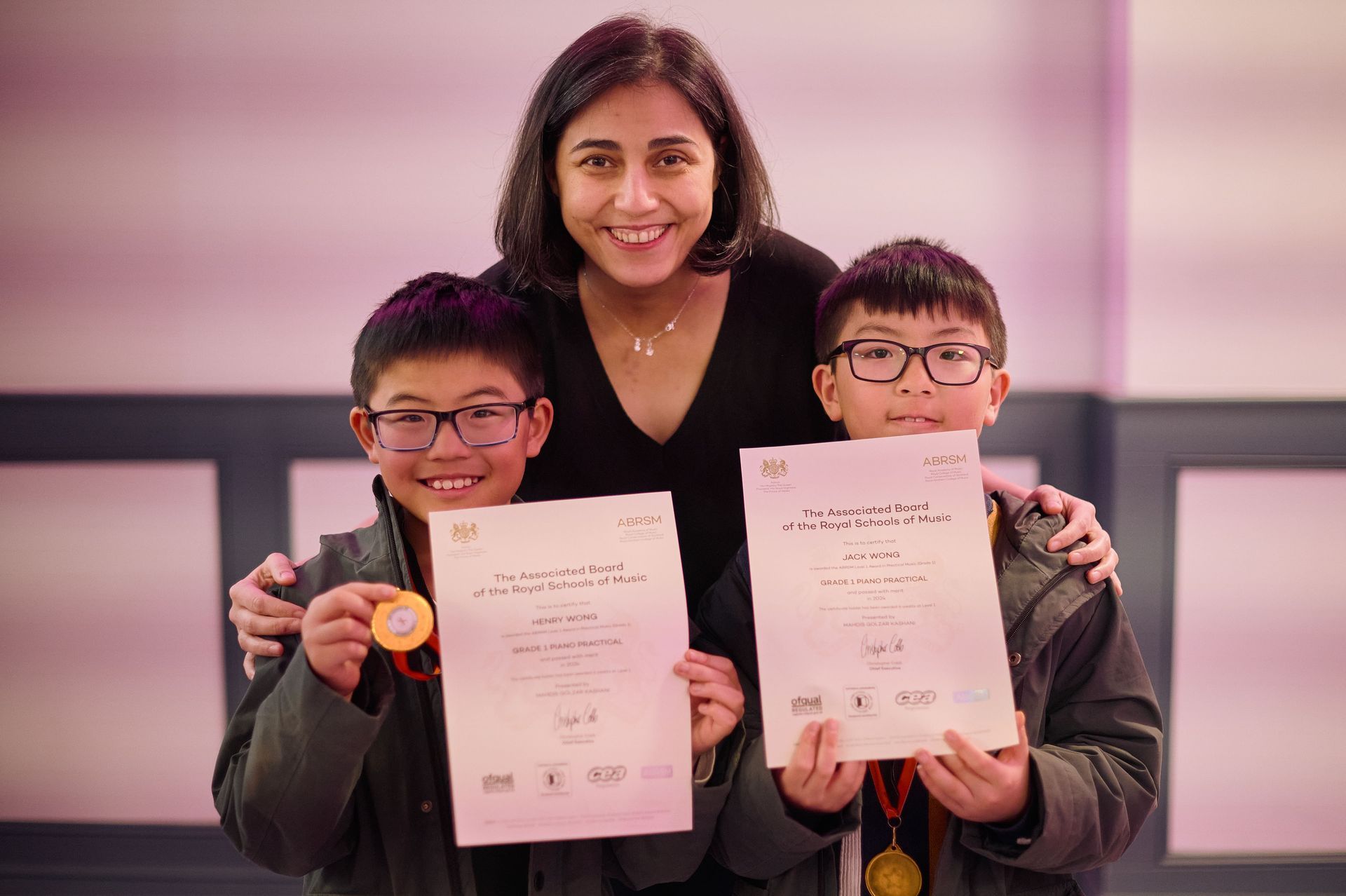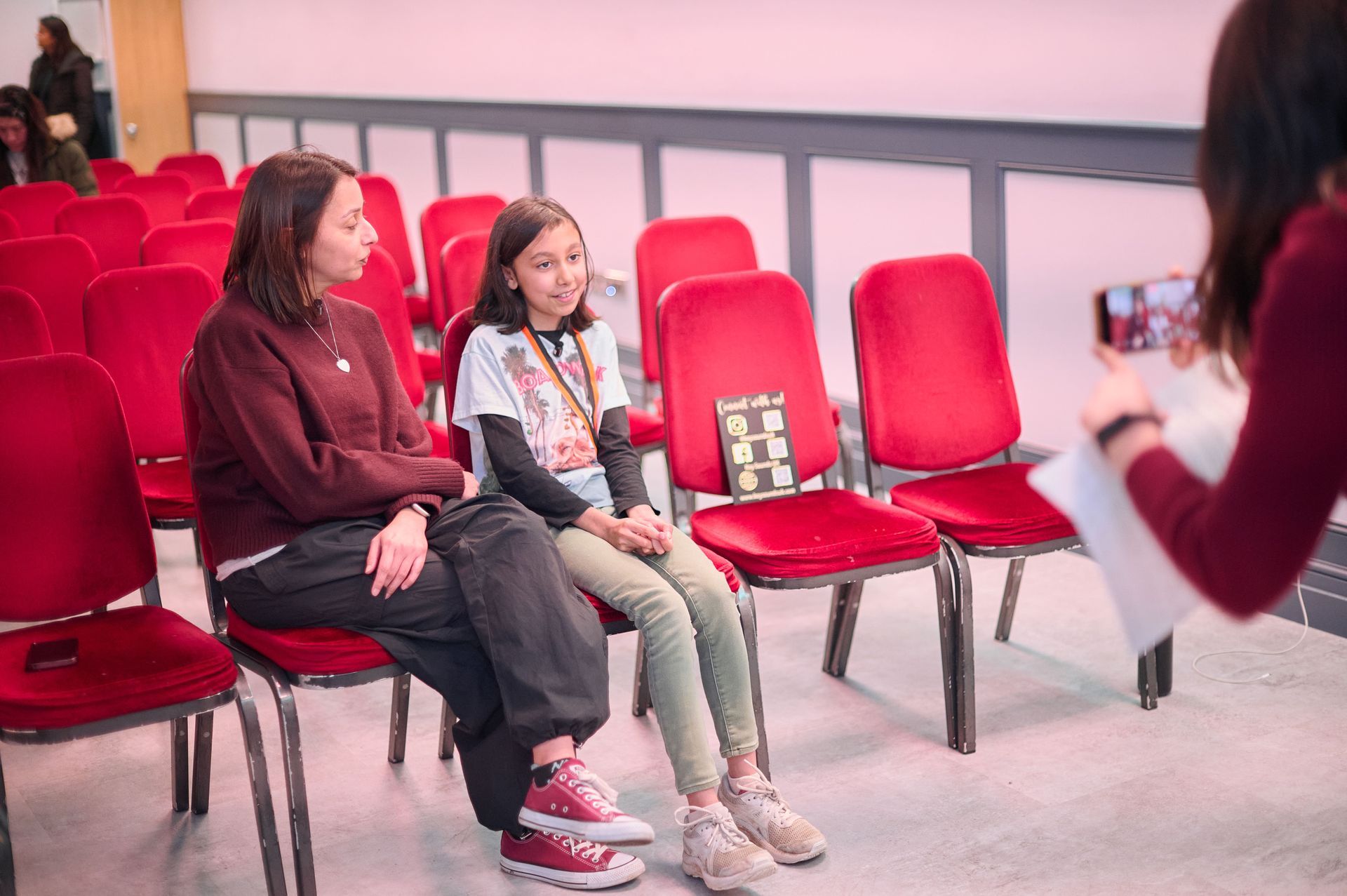Three Essential Tips When Mastering the Piano with Guided Videos
Learning the piano can be an incredibly rewarding journey, whether you're aiming to play classical masterpieces or contemporary hits. With the advent of guided video lessons, aspiring pianists have more resources than ever to kickstart their musical journey. While these videos provide invaluable instruction, maximizing their effectiveness requires a strategic approach. Here are three tips to help you get the most out of your online piano lessons.
1. Establish a Consistent Practice Routine
One of the most critical factors in learning the piano is consistency. Set aside dedicated time each day for practice. Even if it's just 20-30 minutes, regular practice will reinforce your skills and help you retain new information. Treat your practice sessions like appointments that you can't miss.
During your practice time, focus on different aspects of piano playing. Breaking your practice into these segments ensures a well-rounded approach and helps prevent burnout.
2. Engage Actively with the Videos
Passive watching won't help you progress. Engage actively with the content. This means pausing the video to try out new techniques, rewinding sections that are challenging, and taking notes on key points.
Set specific goals for each video session. For example, aim to master a particular scale, chord progression, or song section. By having clear objectives, you can track your progress and stay motivated. Additionally, if the video platform allows, consider leaving comments or questions. Many instructors are happy to provide additional insights or clarifications.
3. Record and Review Your Practice Sessions
Recording your practice sessions can be incredibly beneficial. Use your phone or any recording device to capture your playing. This allows you to objectively evaluate your progress and identify areas that need improvement. Additionally, comparing recordings over time will give you a tangible sense of your improvement, which can be very encouraging.
Unlock Your Full Potential with Key Sounds UK
While guided videos are a fantastic way to start learning the piano. At Key Sounds UK, we offer comprehensive piano lessons tailored to your individual needs. Whether you're interested in classical, jazz, pop, or any other genre, our experienced instructors are here to help.
Our lessons cater to both graded and non-graded students, ensuring that you receive the right level of challenge and support. By enrolling in our programs, you can deepen your understanding of music theory, improve your technique, and receive immediate feedback on your playing. Feel free to embark on a musical journey that combines the flexibility of online learning with the richness of personalized instruction. Let's make your piano dreams a reality!
If you wish to know more about these hacks and resources, feel free to take a look around our website or connect with us directly!



